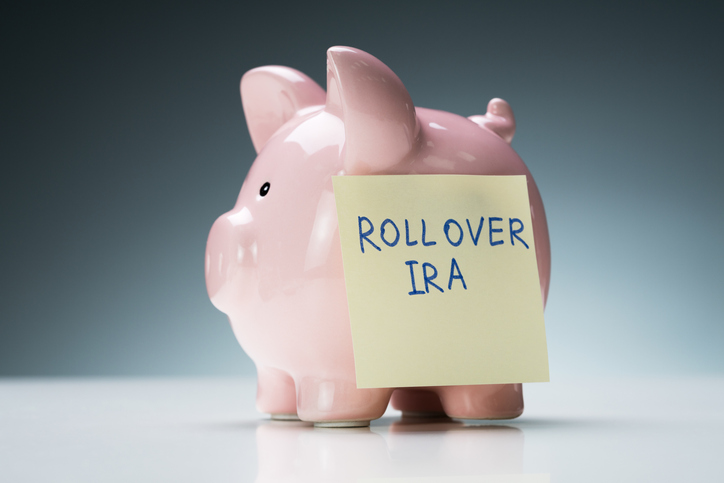During the pandemic, there have been many layoffs, and many people have had to leave their jobs due to their children being home from school for months on end. Even in non-Covid times, job turnover is nothing new. One of the benefits of a job is having a 401k, which is a type of retirement account that your employer may contribute to in a matching program. Many people with 401ks use pre-tax dollars to contribute to their account, thereby reducing their taxable income for that year. What happens, however, when you leave your job? Whether through a layoff or by choice, one day, you may find yourself unemployed or in new employment. So what happens to your 401(k)? What do you do with your 401(k) when you leave a job?
1. Leave Your Money Where It Is
If you have a certain amount of money in your 401k, you can opt to leave it with your old employer’s plan. This option makes sense if you like the set-up and portfolio of your current 401k. If you may forget about the money or there is nothing special about that particular 401k set-up, then it is likely worth it to do something else with your money.
2. Take Your 401k Funds With You
If your new employer has their own 401(k) plan, you can choose to roll over your old 401k money into your new employer’s plan. The term “rolling over” means that it doesn’t trigger a taxable action, but rather goes seamlessly from one account to the next. This means there are zero repercussions to you. If you just started your new job and your benefits have not kicked in yet, make sure you have access to your new 401k account before rolling over your money. You actually do have a small grace period, usually 60 days, where you can hold onto the money before depositing it into your new account without having to pay taxes on it.
3. Roll It Over Into An IRA
If you are unemployed or your new employer does not offer 401(k) benefits, you can roll your money over into another kind of retirement account called an IRA. While an IRA doesn’t have the option of your employer matching your contributions, it has other benefits–most importantly, you have many more investment options as you are not limited to an employer’s plan.
Whatever your situation when you leave a job, it’s important to consider the pros and cons of each of your options before deciding where to keep your money. It’s important, too, to think about your goal for this particular money; how much growth do you want these funds to have and how much risk are you willing to take? At DeSantis, Kiefer, Shall, & Sarcone, we can help you decide what to do with your 401(k) when you leave a job so you feel comfortable and confident about where your money is and what it is doing.






